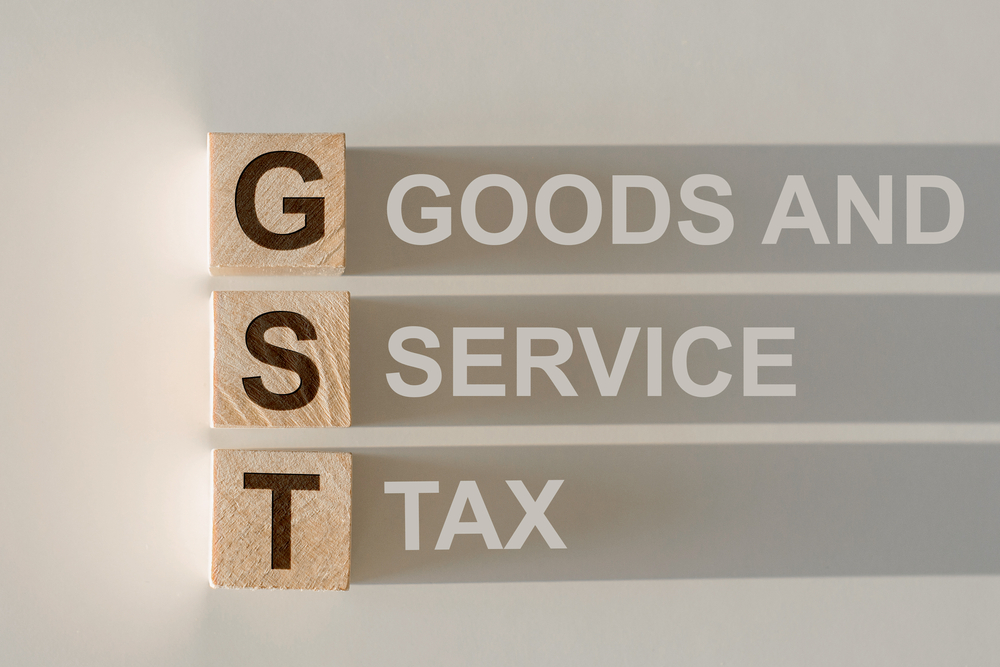One-Time Relaxation in E-invoice Provisions

One-Time Relaxation in E-invoice Provisions
E-invoice is the new concept which is being introduced for the first time under Goods and Services Tax. Accordingly, the Government has several times extended the implementation of e-invoice under Goods and Services Tax. Finally, 1st October 2020, was decided as the date of implementation of e-invoice provisions.
Even though the e-invoice is made effective from 1st October, for smooth implementation of the same, the Government has introduced one-time relaxation. The relaxation will be effective only for the month of October 2020. The one-time relaxation so introduced is explained in the present article.
Understanding the basics of e-invoice provisions
In simple terms, e-invoicing is a system through which the taxpayer obtains the Invoice Reference Number (IRN) by uploading specific particulars of the invoice on the Invoice Registration Portal (IRP).
Under GST, e-invoice is mandatory for the registered taxpayer having an aggregate annual turnover of more than INR 500 Crores. The provisions are applicable for the following types of transactions-
- Business-to-business transactions (i.e. B2B transactions),
- Supplies to Special Economic Zones,
- Exports, and
- Deemed exports.
From 7th January 2020, the registered taxpayer having aggregate annual turnover above INR 500 Crores were voluntarily allowed to generate e-invoice. Further, from 1st February 2020, the voluntary generation of e-invoice was allowed for the taxpayer having aggregate annual turnover above INR 100 Crores but less than INR 500 Crores.
From 1st October 2020, all the registered taxpayer having an aggregate turnover of more than INR 500 Crores were mandatorily required to issue e-invoice.
The consequence of non-compliance with e-invoice provisions
The following consequence will have to be dealt with, in case the specified taxpayer fails to comply with the provisions of e-invoice-
- The imposition of penalty under section 122 of the Central Goods and Services Tax-
As per section 122, if the invoice is not registered on the Invoice Registration Portal (IRP), then such an invoice will not be treated as valid invoice and would attract a penalty of INR 10,000 for each instance of non-compliance
- Transportation of goods without such valid invoice can also lead to the detention of goods and vehicle.
- Notably, in future, the Government is also planning to restrict the generation of e-way bill in absence of Invoice Reference Number (IRN).
One-time relaxation announced in e-invoicing provisions
As seen above, the specified registered taxpayer is mandatorily required to issue an e-invoice from 1st October 2020. However, vide press release dated 30th September 2020, one-time relaxation is announced by the Central Board of Indirect Taxes and Customs.
As per the relaxation, if the specified taxpayer has issued invoice, without e-invoicing, the same will be deemed to be valid only if Invoice Reference Number (IRN) for such invoice is obtained within 30 days from the date of issue of the invoice. Then, in such case, the penalty under section 122 of the Central Goods and Services Tax, 2017 will not be levied.
Let us understand the above relaxation through an illustration-
Suppose the registered taxpayer, having aggregate turnover above INR 500, issue a simple invoice (without e-invoicing) on 5th October 2020. Then, to avoid the penalty under section 122, the registered taxpayer is required to submit the details of such invoice to Input Reference Portal and obtain the Invoice Reference Number on or before 4th November 2020.
It is essential to note that the above relaxation is available only for the month of October. The same will not be available for the invoice issued from 1st November 2020.

